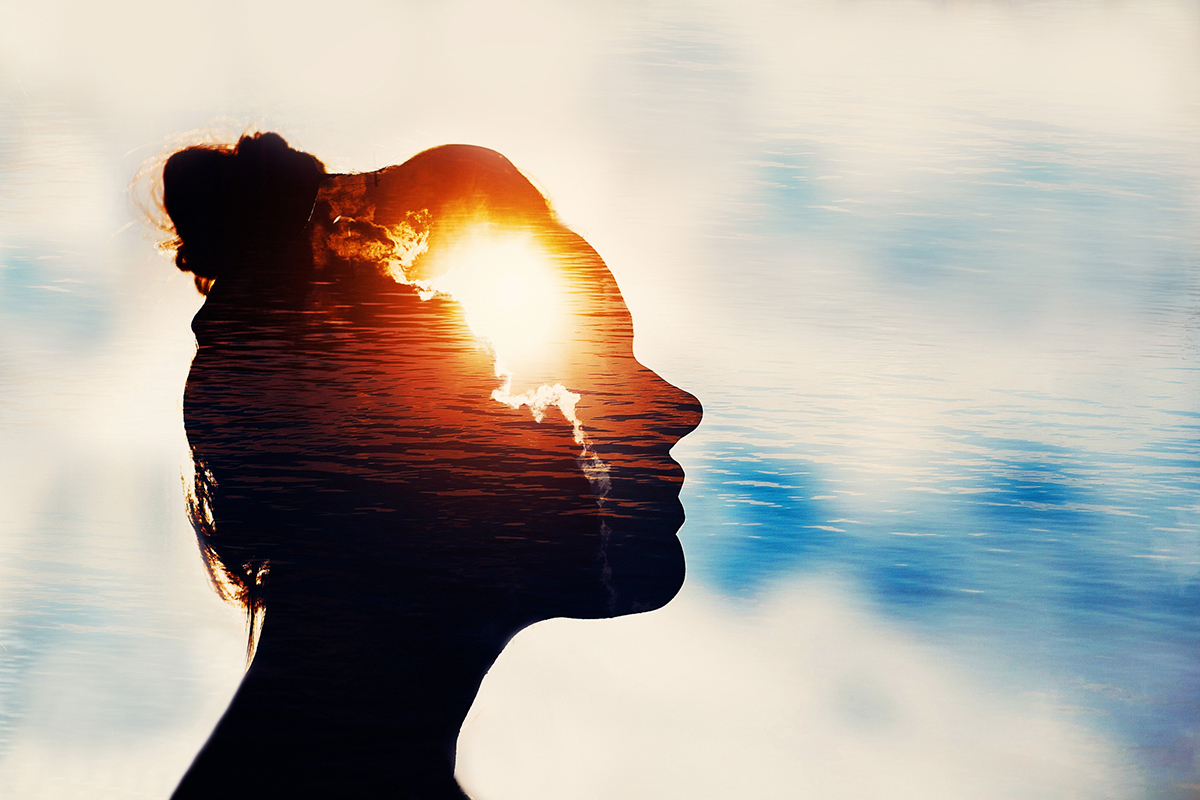It seems that every day we are bombarded with more information than we can process – from our social media streams to our TV and news feeds, there is a lot coming at us from all angles. However, despite the data overload, we still manage to filter through to find what’s of most benefit and relevance to us. That’s rather like what we should be doing when it comes to having emotional awareness; we need to get better at sorting through all our feelings, moods and emotions to best understand ourselves and what makes us tick. As we finish off this series on self-awareness, let’s take a look at the role our emotions play in helping us gain a better understanding of ourselves.
Why gain emotional awareness?
Emotional awareness is another key aspect of emotional intelligence. We don’t travel through life with just one emotion; as humans, we get to experience all of them (sometimes within a single day)! When we take the time to notice and understand our feelings and what brought them on, we’re more likely to manage our behaviour and future situations better. Further, having strong emotional awareness helps us more clearly communicate our feelings to others, and we also gain a better understanding of others and their feelings along the way.
Getting in tune
Sometimes we are alerted to our emotions through our bodies. Just like our instincts, they are pretty good at telling us when things aren’t right. For example, we may get a headache or sweaty palms, lose our appetite, sleep poorly and so on. We shouldn’t ignore these physical signs as they are telling us something important. Other times, we may not even know we had a certain feeling about something until we erupt with one sort of big emotion or another. What seemed to ‘come out of nowhere’ may have been a long-standing issue or fear we had that we just didn’t tune into. The next time you feel a sudden change in mood or emotion, ask yourself these questions and take the time to carefully assess your answers:
- What types of situations do you tend to avoid or be drawn to, and why?
- Who are the people that bring you joy, frustration or anxiety, and why?
- What causes you stress and anxiety?
- What are your emotional triggers?
- What types of things tend to make you frustrated or mad, and how can you learn to better understand anger and resolve conflicts more easily?
While there are certain situations and people we can’t avoid in life, we can learn to take more control and adjust or adapt as needed. For example, if being in a loud, crowded room triggers anxiety, it doesn’t mean you have to forever avoid every party, restaurant, or other gathering. You may simply need to alter how long you stay, where you situate yourself, and who you are with. Interestingly, when we have small children, we tend to do this exact thing to ward off any tantrums or tears once we learn to recognize their emotional triggers. For instance, we’ll plan a short visit to the grocery store, only after they’ve been fed and well before bed-time. The same can apply to how we manage our own lives at work and home – but only once we’ve spent some time figuring ourselves out on a deeper emotional level.
The web of emotions
Our emotions, thoughts and actions are all connected; one thought can trigger an emotion (or three), which may or may not be revealed outwardly by our behaviour. To better manage our massive web of emotions, it helps if we can be better in tune with our self-talk and emotional regulation. We also benefit when we gain emotional resilience, so that all of life’s little annoyances don’t become our personal drama.
Even though it’s important to gain a better awareness of our emotions and what triggers them, it doesn’t necessarily mean we can or should always regulate them. Expressing emotion is good for us! We’re entitled to our feelings – both positive and negative. However, emotions shouldn’t be confused with exhibiting negative behaviour that can be hurtful to ourselves or others. We can be angry for example, and share that we’re angry, but that doesn’t mean we get to act out aggressively or cruelly. Our behaviours can get us into trouble, not our feelings.
What have you learned about your own self-awareness in this series? Are you dialed in and feeling more confident…or at least enlightened? Need to spend some more time on self-reflection and your physical and emotional warning signs? Finally, what might you do differently or what goals might you pursue now that you have a deeper insight into what makes you, you?
“Our feelings are our most genuine paths to knowledge.” —Audre Lorde


